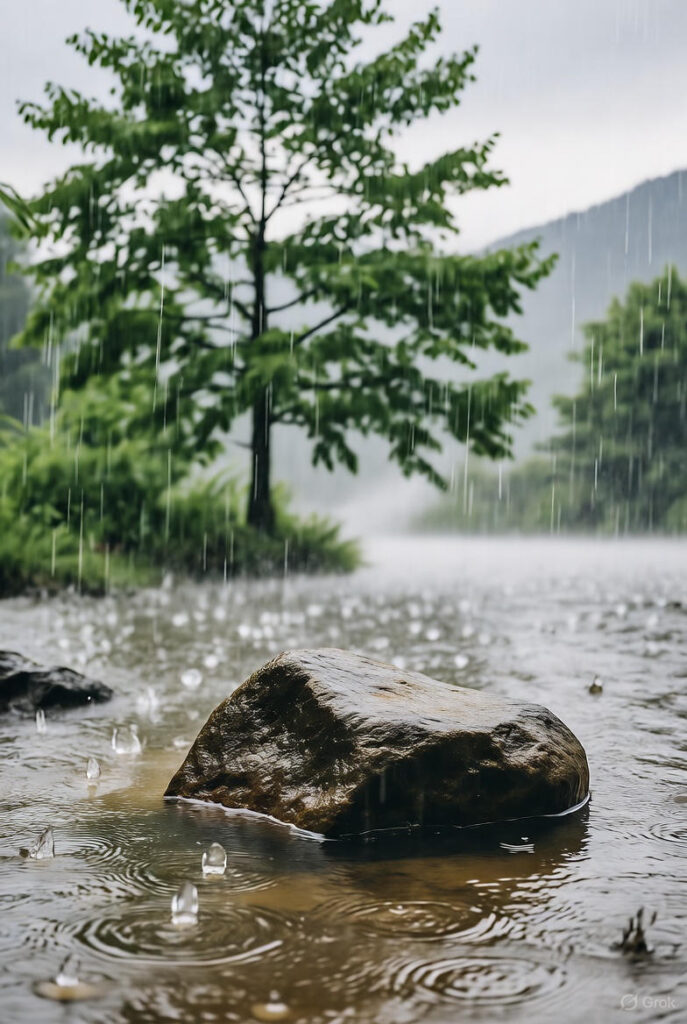The Surprising Science Behind the Smell of Rain

Have you ever stepped outside after a rain shower and caught that unmistakable, earthy scent in the air? It’s a smell that feels like a warm hug from nature, evoking memories of cozy days or fresh beginnings. But have you ever wondered why rain smells so distinct? Spoiler alert: it’s not just water and wet grass—it’s a fascinating bit of science involving tiny microbes!
The enchanting aroma of rain comes from a bacteria called actinomycetes, commonly found in soil. When dry ground gets wet, especially after a warm spell, these little organisms release a unique fragrance. Think of it as nature’s perfume, activated by rainfall. This scent is most noticeable in arid or warm climates where the soil has been parched, making the contrast between dry and wet all the more aromatic.
Actinomycetes thrive in soil and produce this pleasant, musky odor as a byproduct when they get damp. The scent wafts into the air, carried by the moisture, and our noses pick it up as that classic “rain smell.” It’s not just a random quirk either—scientists believe this scent may have evolutionary roots, signaling to plants and animals that water is near, a vital clue in dry environments.
Next time you catch a whiff of rain, take a moment to appreciate the tiny bacteria working their magic beneath your feet. It’s a reminder of how even the smallest organisms can create something as universal and nostalgic as the smell of a fresh downpour. Nature, you’ve done it again!
Want more quirky science facts? Let us know in the comments, and we’ll dig up another gem from the natural world!

























Comments
This post currently has no comments.